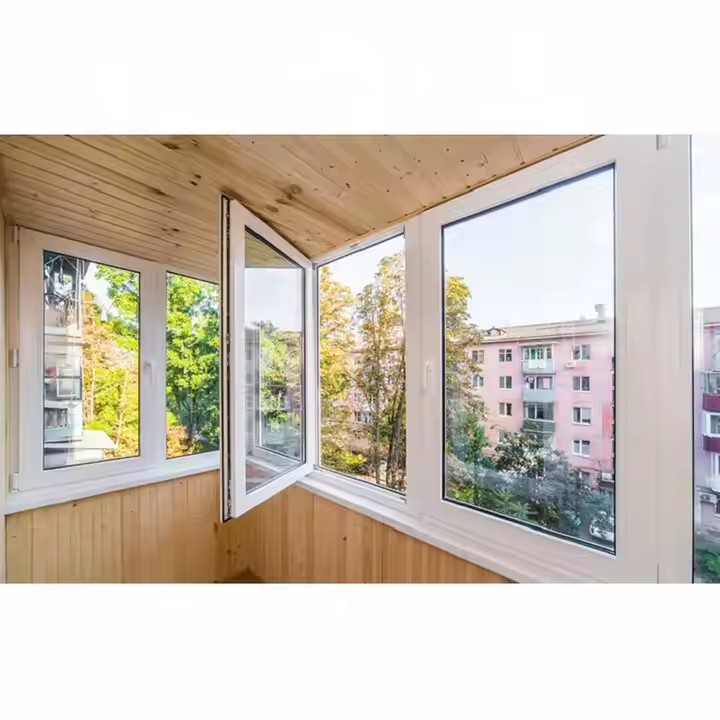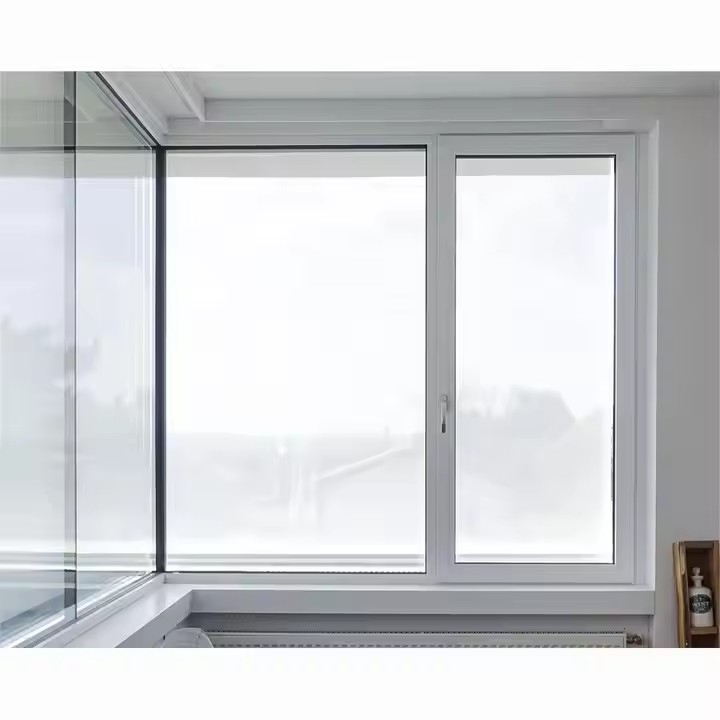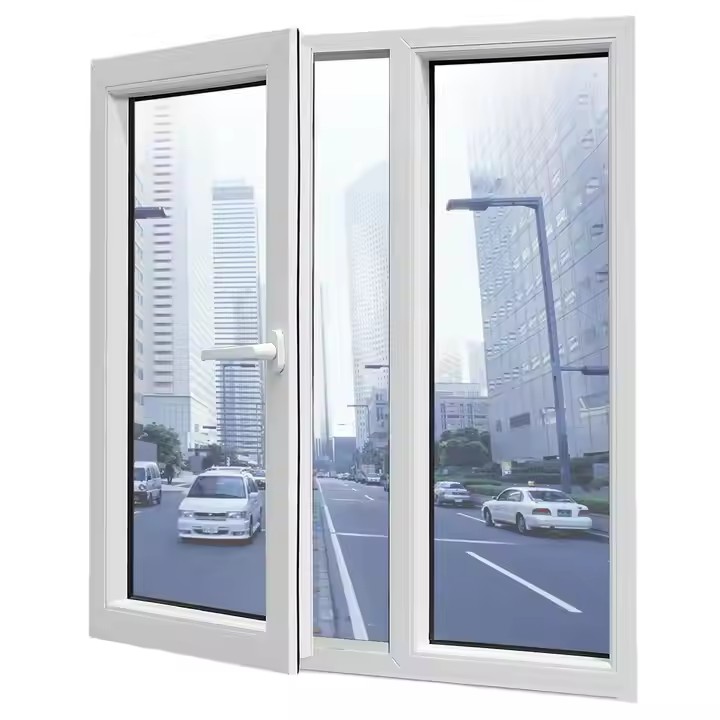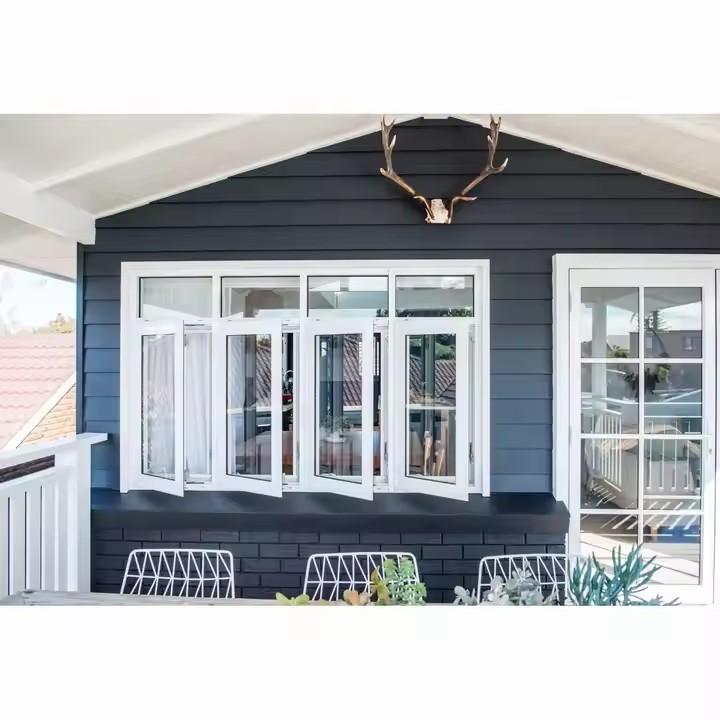
Optimizing the Production Process
For factories to improve the production efficiency of folding doors, they need to plan the production process of folding doors in detail. From raw material preparation, processing, assembly to quality inspection, a scientific and reasonable technological process should be formulated. For example, similar processing procedures can be grouped together. For metal folding doors, metal processing procedures such as cutting and drilling can be placed in one workshop or area to reduce the movement time of materials and personnel. The parallel operation mode can be adopted. On the premise of not affecting the quality, some procedures that can be carried out simultaneously can be started at the same time. For example, while the door panel is being processed, the door frame can also be processed, and then they can be assembled in subsequent procedures. This can effectively shorten the production cycle. To improve efficiency, it is also necessary to eliminate bottlenecks in production. Analyze each link in the production process to identify the bottleneck procedures that are prone to production congestion. For example, if in the hinge installation procedure of folding doors, due to frequent equipment failures or unskilled workers’ operations, the progress of this procedure is slow, this problem needs to be focused on and solved. For bottleneck procedures, the production speed can be increased by adding equipment, optimizing operation methods or increasing skilled workers. For example, specialized automatic assembly equipment can be added to the hinge installation procedure, or workers can be trained professionally to improve their operation speed and accuracy.

Automation and Mechanization of Production
With the development and refinement of technology, factories should introduce and upgrade equipment. Advanced automatic processing equipment such as CNC cutting machines and CNC milling machines should be introduced. These equipment can accurately cut, shape and other process the materials of folding doors, and the processing speed is fast. For example, a CNC cutting machine can quickly and accurately cut metal or wooden materials according to the preset program, and the cutting speed is several times faster than that of traditional manual cutting. For the assembly 环节 of folding doors, an automatic assembly production line can be adopted. Through equipment such as robotic arms to grab and install components, the assembly efficiency can be greatly improved. For example, a robotic arm can accurately install the hinges of folding doors onto the door panel, and the installation time can be shortened from several minutes of manual installation to dozens of seconds. Nowadays, those with high production efficiency in the market are all using advanced production equipment, because automated and mechanized production can improve production efficiency and greatly reduce the error rate, avoiding the economic costs caused by errors. Another advantage of automation and mechanization is that it can reduce economic costs. If it is manual production and assembly, the labor cost is relatively high. Compared with the high labor cost, mechanization is obviously more cost-effective than manual work.

Equipment Maintenance and Management
Establish a complete equipment maintenance plan and regularly inspect, maintain and repair the production equipment. Ensure the high availability of the equipment and reduce the production stoppage caused by equipment failures. For example, simply clean and lubricate the equipment every day, conduct a comprehensive inspection once a week, and perform a deep maintenance once a month, and replace the worn parts in a timely manner. Adopt an equipment management system to monitor and manage the running status, maintenance records and other aspects of the equipment in real time. Through data analysis, predict the possible failures of the equipment in advance so as to take measures in advance to ensure the normal operation of the equipment.

Employee Training and Management
Improving production efficiency can not only be solved from the aspect of equipment, but also start from the professional skill training of employees. Conduct professional skill training for employees, including knowledge of folding door production technology, equipment operation, quality control and other aspects. For example, organize new employees to participate in induction training to make them familiar with the production process and operation specifications of folding doors; for old employees, regularly carry out skill improvement training, such as the operation training of new equipment, the learning of new technologies and so on. Encourage employees to obtain relevant professional qualification certificates, such as CNC lathe operator certificates, carpenter certificates, etc., to improve the professional quality and work ability of employees. At the same time, carry out skill competition and other activities within the factory to stimulate the learning enthusiasm and work enthusiasm of employees. Teamwork and Incentives: Strengthen the teamwork among employees. Through organizing team building activities and other means, promote the communication and cooperation among employees. For example, in the assembly workshop of folding doors, the door panel processing workers, hinge installation workers and final quality inspection workers need to cooperate closely. Good teamwork can reduce the connection time between procedures. Establish a reasonable incentive mechanism and reward employees with high production efficiency and good quality, such as bonuses, honor certificates, promotion opportunities, etc. Through incentive measures, stimulate the work enthusiasm of employees and improve the overall production efficiency. Through setting up various effective assessment mechanisms, manage the staff effectively to improve the enthusiasm for work and production.

Supply Chain Management
The supply of raw materials is the foundation and top priority for making good doors and windows. Only with good materials can good doors and windows be made. Establish long-term and stable cooperative relationships with high-quality raw material suppliers to ensure the quality and timely supply of raw materials. For example, for the profile suppliers of folding doors, require them to be able to provide profiles that meet the quality standards on time and in sufficient quantities according to the factory’s production plan. Optimize the inventory management of raw materials. Adopt advanced inventory management methods such as the Economic Order Quantity (EOQ) model. According by the production demand of folding doors and the procurement cycle of raw materials, reasonably determine the inventory level of raw materials to avoid inventory backlog or shortage phenomena and ensure the smooth progress of production. For the supply of components, for the components needed in the production of folding doors, such as hinges, handles, sealant strips, etc., select reliable and stable suppliers. Keep close communication with component suppliers to timely understand the supply situation and market dynamics of components. Consider making appropriate inventory backups for some key components to deal with the possible supply interruption situations of suppliers. At the same time, cooperate with suppliers to jointly conduct research and development and improvement of components to improve the quality and performance of components, thereby helping to improve the overall production efficiency of folding doors.


